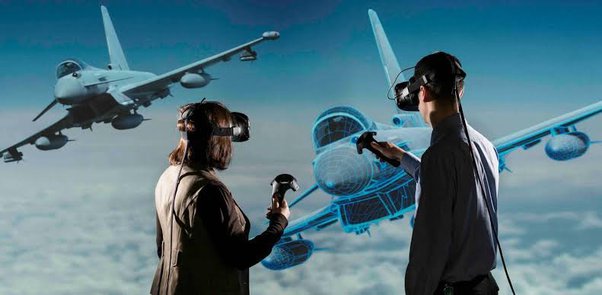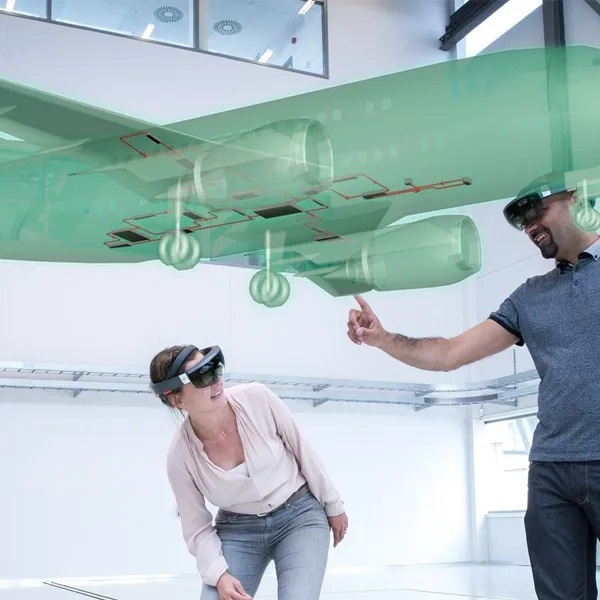Virtual Reality (VR) is no longer just a gamer’s playground—it’s becoming a powerful tool for education, exploration, and innovation in aerospace. For amateur aerospace clubs, VR offers an immersive, hands-on way to train, collaborate, and dream bigger than ever before.
Why VR Is a Game-Changer for Aerospace Enthusiasts
1. Immersive Learning Environments
VR allows club members to experience space missions, rocket launches, or even orbital mechanics in 3D. This hands-on learning approach is more engaging than textbooks or videos, helping members of all ages grasp complex concepts quickly.

2. Simulated Flight and Engineering Labs
Flight simulators in VR can mimic everything from drone controls to space shuttle cockpits. Some platforms even allow virtual rocket assembly and spacecraft design—ideal for clubs without access to real lab facilities.
3. Collaborative Virtual Workshops
With VR, club members can meet in shared virtual spaces, building and reviewing aerospace projects together in real time. This fosters teamwork, especially useful when clubs are spread across different cities or schools.
4. Cost-Effective Exploration
Instead of investing in expensive physical models or field trips, clubs can use VR to visit the International Space Station, Mars rovers, or historic aircraft hangars—without ever leaving home.
5. Enhanced Recruitment and Engagement
VR demonstrations can draw new members in by showcasing exciting aspects of aerospace in a dynamic and fun way. It also helps retain interest through interactive challenges and achievements.

Popular VR Tools and Platforms for Aerospace Clubs
- Microsoft Flight Simulator (VR-compatible)
- SpaceEngine – Explore the universe in VR
- Kerbal Space Program with VR mods – A fun way to simulate space missions
- Tilt Brush or Gravity Sketch – Design 3D models of rockets or spacecraft
- Engage VR or AltspaceVR – Host virtual meetings or seminars
Getting Started with VR in Your Club
- Choose a VR headset that fits your budget (e.g., Meta Quest 3, HTC Vive)
- Pick software aligned with your club’s goals (education, simulation, design)
- Schedule regular VR sessions for group learning and exploration
- Encourage members to share VR content they discover or create
Conclusion
Virtual Reality brings aerospace to life for amateur clubs, offering accessible, immersive, and interactive experiences that inspire creativity and teamwork. With the right tools, VR can transform club meetings into spacewalks, shuttle launches, and planetary missions—fostering the next generation of aerospace explorers.

